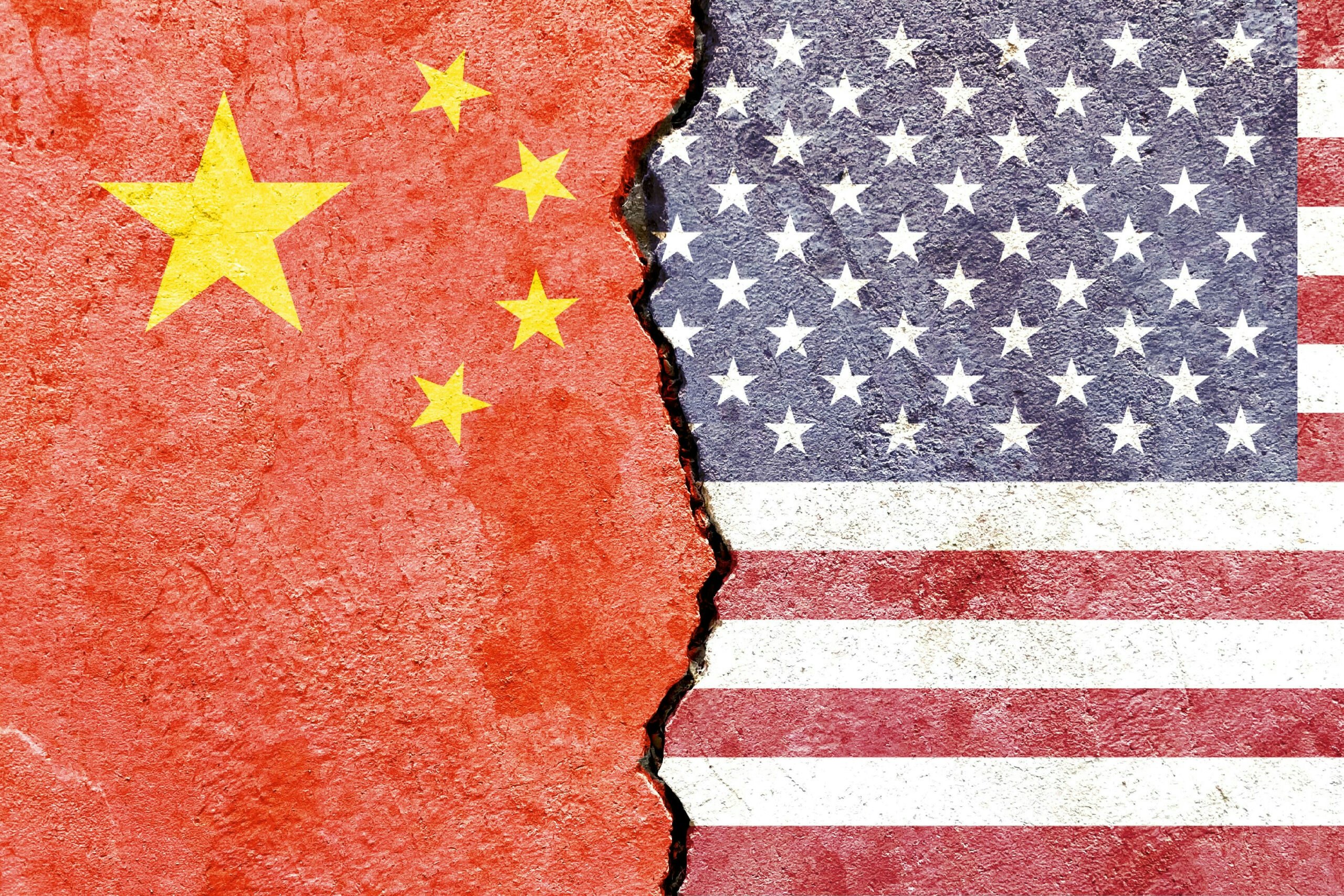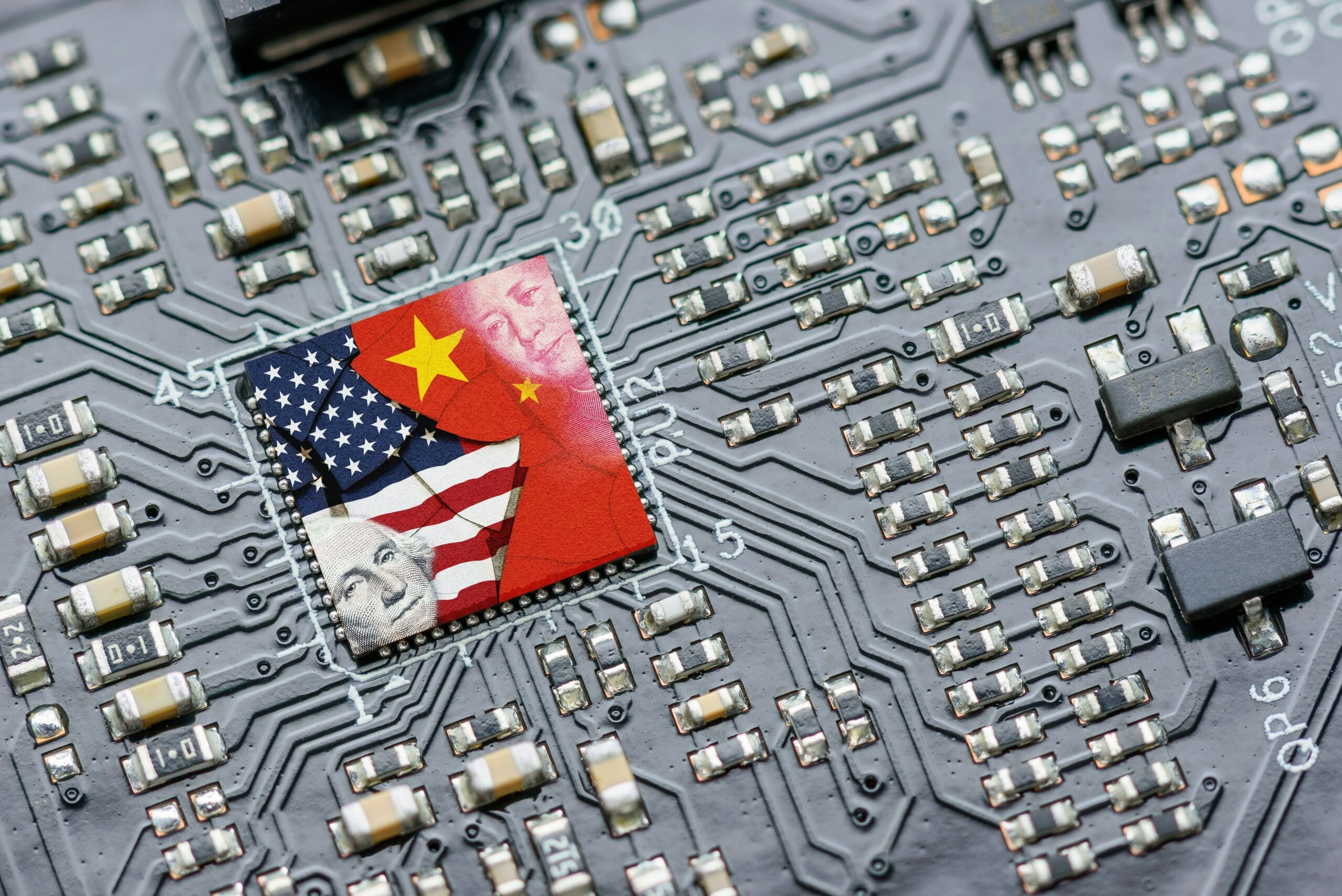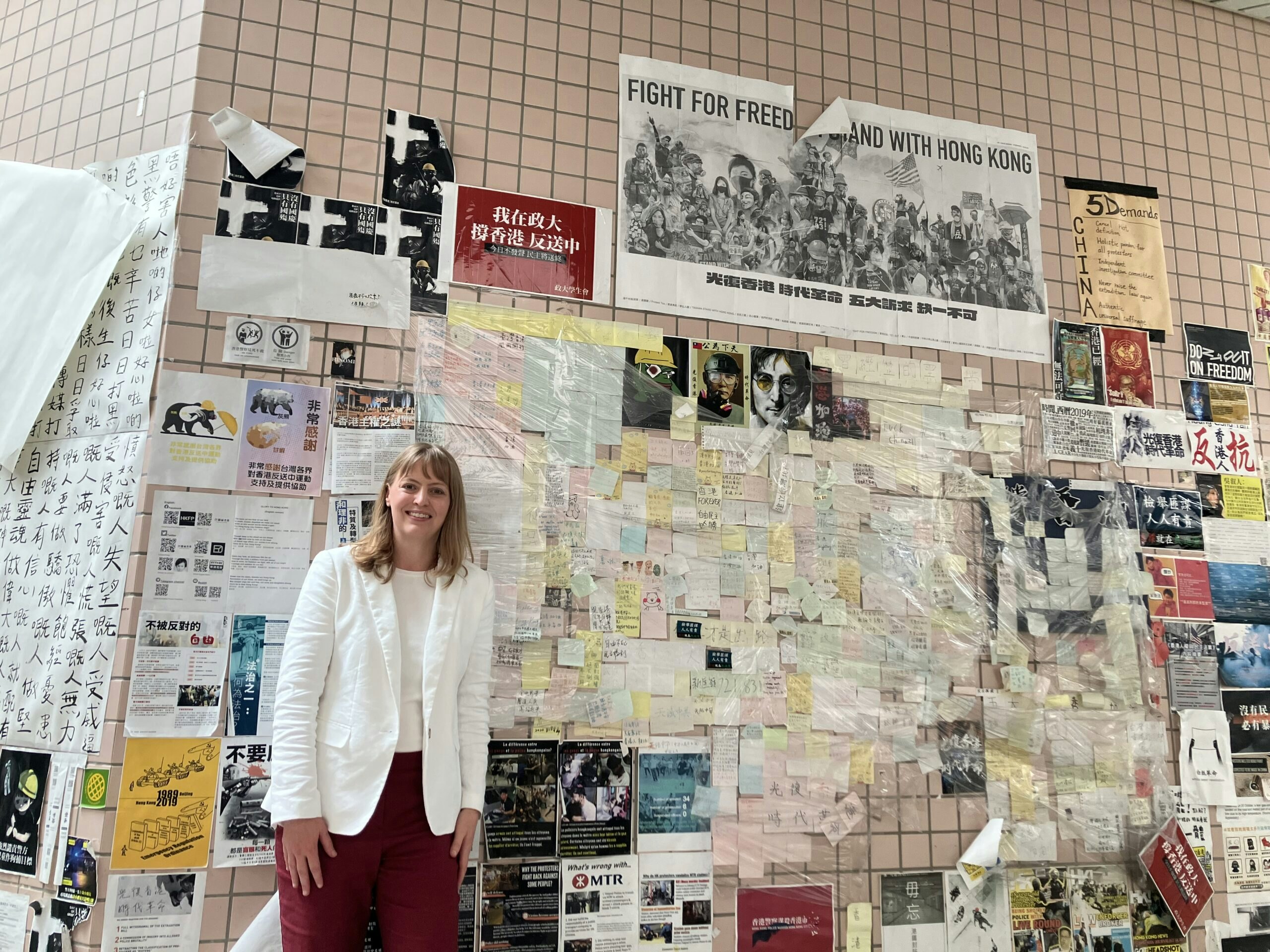Bush Institute Liberty and Leadership Scholar Dr. Nay Lin Tun tells us what it's like being a medical professional in Burma right now.
What is it like being a medical professional in Burma right now?
As a medical professional, it is hard to accept the current situation in Myanmar. In 2020, medical professionals were heroes of the country fighting the COVID-19 infection. All of the previous government officials including State Counsellor Daw Aung San Suu Kyi strictly followed the COVID-19 prevention guidelines of the Ministry of Health – showing respect to medics. As a result, Myanmar became third among 10 ASEAN countries in getting COVID-19 vaccines as earliest as possible after Singapore and Indonesia in late January 2021.
But, the situation turned negative after the February 1st Military Coup. COVID-19 vaccination programs stopped and there are no programs of COVID-19 intervention anymore to citizens. The military took the power without considering the citizens and it is not a good time for our country. Therefore, all the healthcare professions initiated CDM (Civil Disobedience Movement) and are trying to save the country’s emergency patients. Therefore, the military is targeting these healthcare professionals and our lives have changed from “heroes” to “criminals.”
How has the military coup threatened access to healthcare and medical assistance during this time?
People who have been wounded from the peaceful protests have challenges getting healthcare services. If they are shot and lied on street, their best choice is to run from the areas of shooting and hide in local houses. And then, they need to seek first aid and find ambulances. But, this process is not an easy task. In most cases, wounded patients are not able to run from areas and they are arrested by security forces. Then, the military doesn’t allow any proper first aid to them and they are sent to police stations for investigation. Therefore, most of the patients die on the way due to massive blood loss without getting proper healthcare.
Even the patients who are able to hide in houses have difficulty reaching ambulances or nearby hospitals or clinics because if they are going out for help, they can be easily caught by the military and they will be sent to police stations. Therefore, access to healthcare and medical assistance for protestors is very hard.
Wounded patients who are in private hospitals are also not safe. The military tries to search these patients in private hospitals and clinics and thus all are in risk. Further referral for advanced surgery to major hospitals in big cities from small hospitals from towns is not allowed.
Currently, all the medical doctors who are helping anti-coup protestors are in risk of arrest, and the military is arresting CDM Doctors. Up to today, more than 3,000 people including elected leaders, election commissioners, anti-regime protesters, teachers, doctors, journalists, writers, artists, and civilians have been arrested since the coup.
What do medical facilities, like hospitals, look like at this time?
Currently, the military is based in government hospitals, schools, universities and some government offices. Therefore, hospitals are an unsafe place for wounded patients, as they can be arrested anytime. In addition, all admitted cases come to the military and they record and arrest the patients before discharging them from hospitals.
Government medical staffs who are in CDM are helping patients at private hospitals and free charity clinics. They do free of charge services for patients, including surgery and advanced operations. Private medical doctors (general practitioners) are also caring free of charge for patients whose medical records are held with government hospitals at their clinics.
The military is arresting the CDM doctors. They can sentence three years of imprisonment. In addition, the military spokesperson General Zaw Min has accused the doctors of murdering people in cold blood. But, in reality, CDM doctors are helping the general population in a variety of ways – providing free treatment to patients at private hospitals, charity clinics, hotline counselling and home visits, etc.
What do the streets of Burma look like today?
The streets are empty. Even at our famous Water Festival in April, all of the streets were empty. In former festival times, all the streets were full with people who were having fun throwing water at each other. This is due to the serious, brutal crackdown of the military. In the month of February after the military coup, all the citizens from each of their houses came out to the streets to shout for democracy. On 22/2/2022, the streets of Myanmar were full with a sea of people and family members shouting for democracy. After that, the military started shooting citizens with real bullets and up to today, more than 700 citizens including anti-regime protesters, bystanders and residents have been killed by the junta’s forces. Right now, people are more concerned about not losing their lives, and thinking of more effective ways into go against the military. Thus why, the streets are mostly empty but we are not afraid of military.
What is it like serving as a medic on the frontlines of the protests? Is the military arresting and/or harming medical professionals treating the wounded?
On the frontlines of the protests, medics are helping wounded patients by doing first aid and referral to hospitals. Medics are on the frontlines because of timely intervention and rescuing patients who have had delayed referral to hospitals. On the frontlines, it is not okay to go in and out of ambulances during the crackdown. Therefore, medics with ambulances need to standby along the protest to help the wounded people in time. In most cases, patients can be referred to hospitals 3-4 hours after incidents because the military is searching the areas and arresting people. During waiting time, medics help patients with bleeding control and proper wound care to save the life of patients.
On the frontlines, the military also targets ambulances and they try to damage the ambulances and arrest the team members. According to the World Health Organization, between 1 February and 24 March 2021, there were 31 attacks on health-care facilities and staff resulting in two deaths, six injuries, and dozens of facilities and several ambulances have been affected in 12 states and regions.
How can the international community support Burma? What are we not talking enough about?
I would like international community to support Burma by doing the following three things:
-
- Speak Out About Myanmar in International Society. Our Internet is blocked and only fiber cable internet connection is available. It is not reachable to most of the citizens, because the majority of them are using phone sim card as Internet. Our fiber Internet may also be shut down if the military wants. At that time, all the connection with Myanmar people and International society will stop. At that time, please understand that we are still fighting for democracy, and please kindly share our suffering and fighting for the democracy of Myanmar citizens.
-
- Help Myanmar People who are Fighting for Democracy. There are three parallel ways fighting against the Military coup in Myanmar: CDM Movement, Protest/Demonstration on the street and CRPH (Committee Representing Parliament Hluttaw) & NUG (National Unity Government). Government staffs are joining CDM movement by not recognizing the military as government, and by not participating or contributing to their mechanisms. Daily strikes on the streets by citizens happen all over the country and recently, CRPH announced NUG establishment. It is a big achievement of CRPH because it makes the parallel government structure, and it will help to get international recognition of CRPH. The international society can help Myanmar by supporting its ways to win democracy.
-
- Pressure on Full Protection on Medics & Patients on the Ground. Medics are under attack and patients are not getting any proper treatment after being detained and arrested. There is much evidence of medical teams getting hurt going to ambulances and also torturing of detained citizens by the military. Therefore, we need international pressure on the military not to commit more inhumane acts on citizens and protect the medics and patients according to International Humanitarian Law.
What is giving you hope right now?
We, medical workers, have already shown our brave actions of the CDM, and almost all of the systems in Myanmar have shut down. But, the Myanmar military is still lying to the international society that all are under control and running smoothly. They also call the CDM the Country Destroyer Movement, but they don’t know that our country is already destroyed by them and we are now formulating a new federal democratic nation by a new federal constitution. This is our hope and we all trust in it.
In addition, our spring revolution is in actions and we know that we will win. But, the Myanmar military won’t give up easily and they will arrest and torture everyone as much as they can. Many more lives will have to sacrifice for our revolution, and we are ready for it. The whole country is in a revolution and all of the citizens won’t accept the military anymore.
Any final thoughts?
I would like to request that the international society to help Myanmar by speaking out about the inhumanity of the Myanmar military on citizens and support the democratic process of Myanmar. At the same time, we are looking forward to the strong actions of international humanitarian organizations on the frontlines. The role of humanitarian organizations is prominent in real crisis situation and we would like to encourage them to come forward.

























